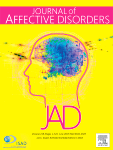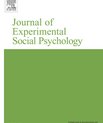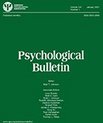Pregnancy-related anxiety and depressive symptoms are associated with visuospatial working memory errors during pregnancy
New research published in Journal of Affective Disorders

BACKGROUND:
Cognitive deficits, especially in memory and concentration, are often reported during pregnancy. Similar cognitive dysfunctions can also occur in depression and anxiety. To date, few studies have investigated the associations between cognitive deficits and psychiatric symptoms during pregnancy. This field is of interest because maternal cognitive functioning, and particularly its higher-order aspects are related to maternal well-being and caregiving behavior, as well as later child development.
METHODS:
Pregnant women (N =230), reporting low (n =87), moderate (n =97), or high (n =46) levels of depressive, general anxiety and/or pregnancy-related anxiety symptoms (assessed repeatedly with EPDS, SCL-90/anxiety subscale, PRAQ-R2, respectively) were tested in mid-pregnancy for their cognitive functions. A computerized neuropsychological test battery was used.
RESULTS:
Pregnant women with high or moderate level of psychiatric symptoms had significantly more errors in visuospatial working memory/executive functioning task than mothers with low symptom level. Depressive symptoms throughout pregnancy and concurrent pregnancy-related anxiety symptoms were significant predictors of the performance in the task. General anxiety symptoms were not related to visuospatial working memory.
LIMITATIONS:
Cognitive functions were evaluated only at one time-point during pregnancy precluding causal conclusions.
CONCLUSIONS:
Maternal depressive symptoms and pregnancy-related anxiety symptoms were both associated with decrements in visuospatial working memory/executive functioning. Depressive symptoms seem to present more stable relationship with cognitive deficits, while pregnancy-related anxiety was associated only concurrently. Future studies could investigate, how stable these cognitive differences are, and whether they affect maternal ability to deal with demands of pregnancy and later parenting.
Authors: Kataja E, Karlsson L, Huizink AC, Tolvanen M, Parsons C, Nolvi S, Karlsson H.
Contact: Associate Professor Christine Parsons, Dept. of Clinical Medicine and IMC



